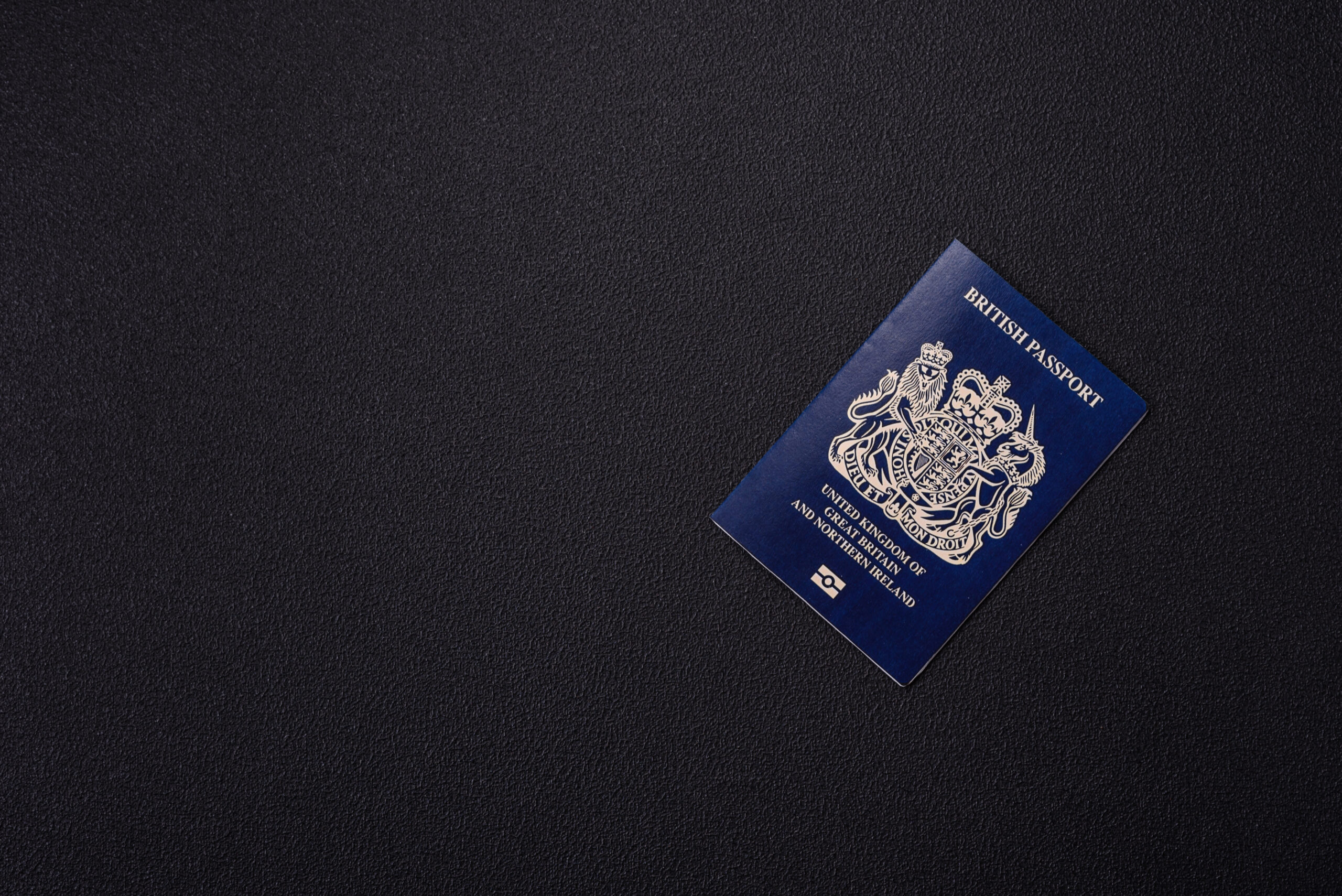Global Talent Visa Holders enjoy a unique level of professional freedom in the UK, allowing them to pursue freelance work, self-employment, or even launch their own companies without the constraints typical of other visa routes. This flexibility is particularly valuable for highly skilled individuals in sectors such as digital technology, science, research, and the arts, where project-based or contract work is common. By not being tied to a single employer, visa holders can take on multiple clients, explore diverse opportunities, and shape their careers in a way that aligns with both their expertise and personal ambitions.
This independence also encourages entrepreneurial thinking, as visa holders can start businesses, offer consultancy services, or collaborate with organisations across the UK and internationally. The ability to operate freely fosters innovation, allows for quicker adaptation to emerging trends, and enables skilled professionals to fully leverage their networks and expertise. For many, this autonomy provides not just a career advantage but a lifestyle choice, supporting flexibility, professional growth, and meaningful contributions to the UK’s dynamic knowledge and creative sectors.
Freelance Rights Under the Global Talent Visa
Holders of the Global Talent visa enjoy a remarkable degree of flexibility when it comes to their employment status, allowing them to tailor their professional lives to suit their skills, interests, and career ambitions. They can work for an employer, operate as self-employed professionals, or take on leadership roles as directors of their own companies. For freelancers, this opens the door to a wide range of opportunities, from contract work and consultancy to short-term or project-based assignments across multiple industries. There are no caps on the number of clients they can work with, nor restrictions on the types of projects they can pursue, enabling a highly personalised approach to career growth.
This flexibility is especially valuable in fast-moving sectors such as digital technology, scientific research, and the creative industries, where the ability to pivot quickly and take advantage of emerging opportunities can make a significant difference. It allows professionals to diversify their experience, build extensive networks, and maintain multiple streams of income without the bureaucratic limitations faced by holders of other visa types. By combining autonomy with professional credibility, the Global Talent visa empowers individuals to take charge of their careers, innovate freely, and contribute to the UK’s economy in ways that are both dynamic and impactful.
Comparison with the Skilled Worker Visa
In contrast, the Skilled Worker visa comes with considerably stricter limits on employment, reflecting the route’s focus on tying visa holders to a specific sponsor and role. While it allows individuals to work in the job specified on their Certificate of Sponsorship (CoS) with a licensed UK employer, the scope for taking on additional work — including freelance or self-employed projects — is tightly controlled. Skilled Worker visa holders may, under certain conditions, take on a second job for up to 20 hours per week or operate their own business. However, this additional work must meet strict requirements: it needs to fall within an eligible occupation code recognised by UK Visas and Immigration (UKVI) and must be at the same skill level as their primary employment.
This limitation means that, unlike Global Talent visa holders, Skilled Worker visa holders cannot freely diversify their professional engagements or pursue multiple clients simultaneously. Opportunities for entrepreneurial activity or project-based freelancing are heavily constrained, and failure to comply with the rules can lead to breaches of visa conditions. Consequently, while the Skilled Worker visa provides stability and a clear path for employment in a specific sector, it does not offer the same agility and professional autonomy that the Global Talent visa affords, particularly for those who want to explore self-employment, consultancy, or freelance work across a variety of industries.
Eligibility and Application Process
To qualify for the Global Talent visa, applicants must be endorsed as a leader or potential leader in their field by a recognized UK body, such as Tech Nation, for digital technology professionals, etc. Alternatively, individuals who have won an eligible prestigious prize can apply directly without the need for an endorsement. The application process involves obtaining the necessary endorsement, followed by submitting a visa application to UK Visas and Immigration (UKVI). The visa can be granted for up to five years, with the possibility of extension.
Take Away!
The Global Talent visa stands out as a premier option for highly skilled professionals seeking the freedom to work independently in the UK. Its provisions for self-employment and freelance work offer unparalleled flexibility compared to other visa categories like the Skilled Worker visa. For individuals aiming to establish themselves as freelancers or entrepreneurs in the UK, the Global Talent visa provides a conducive framework to do so. For more insights, tips, and updates on working in the UK under the Global Talent visa, be sure to follow Global Talent Mag.




